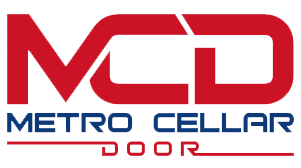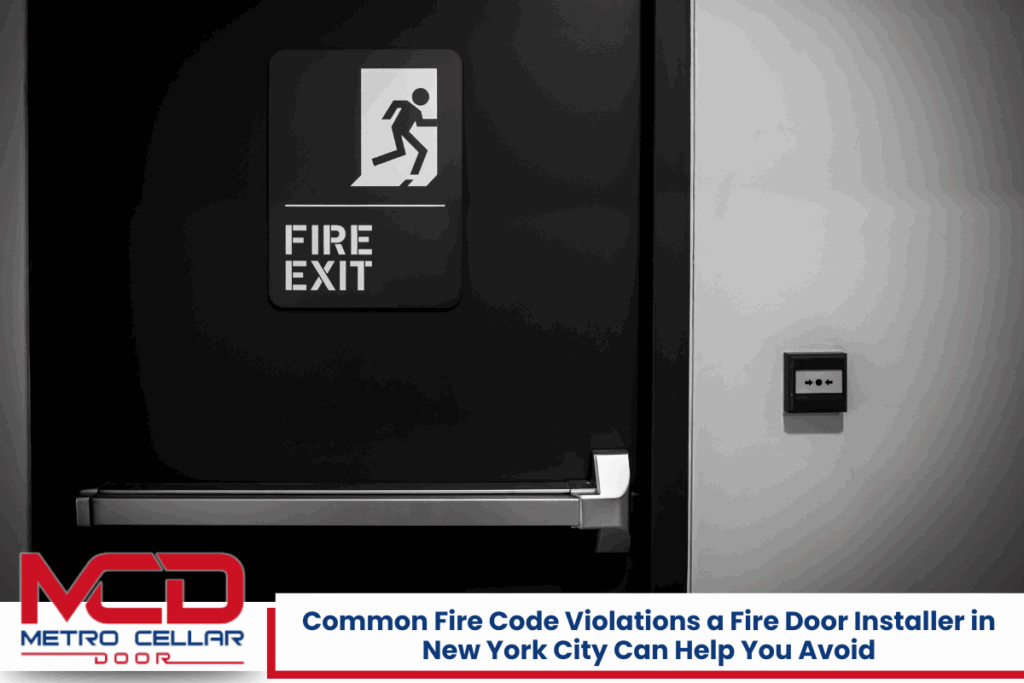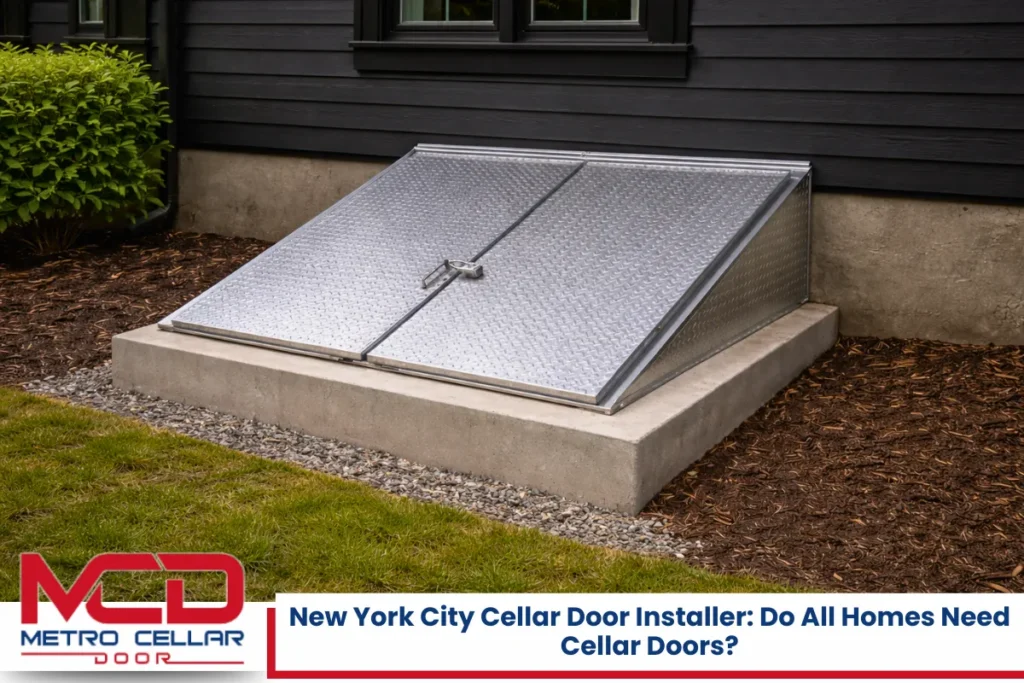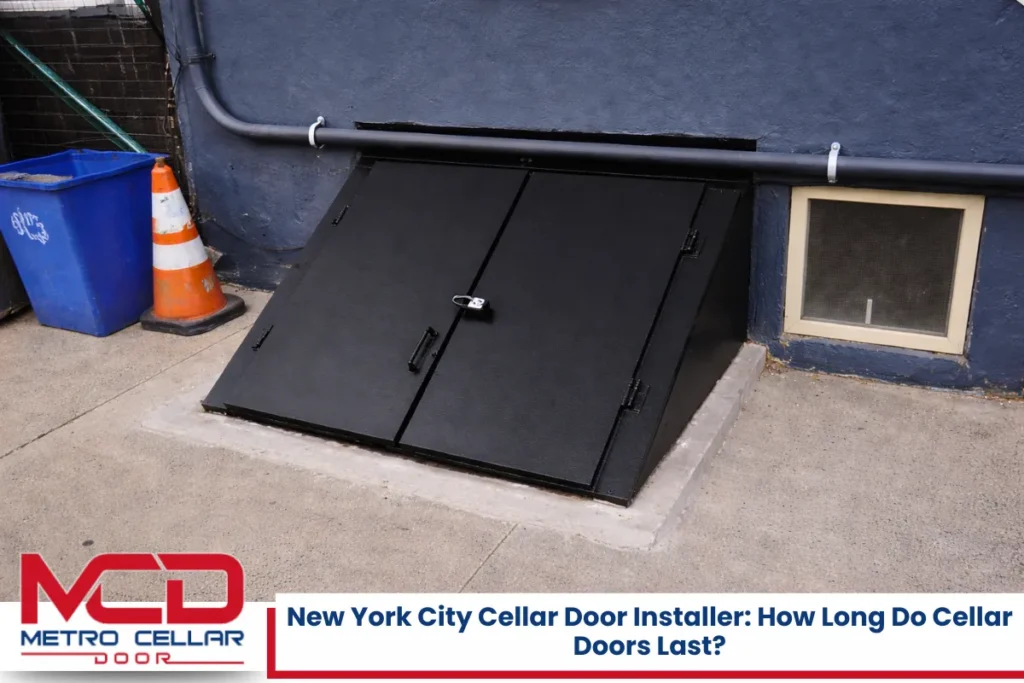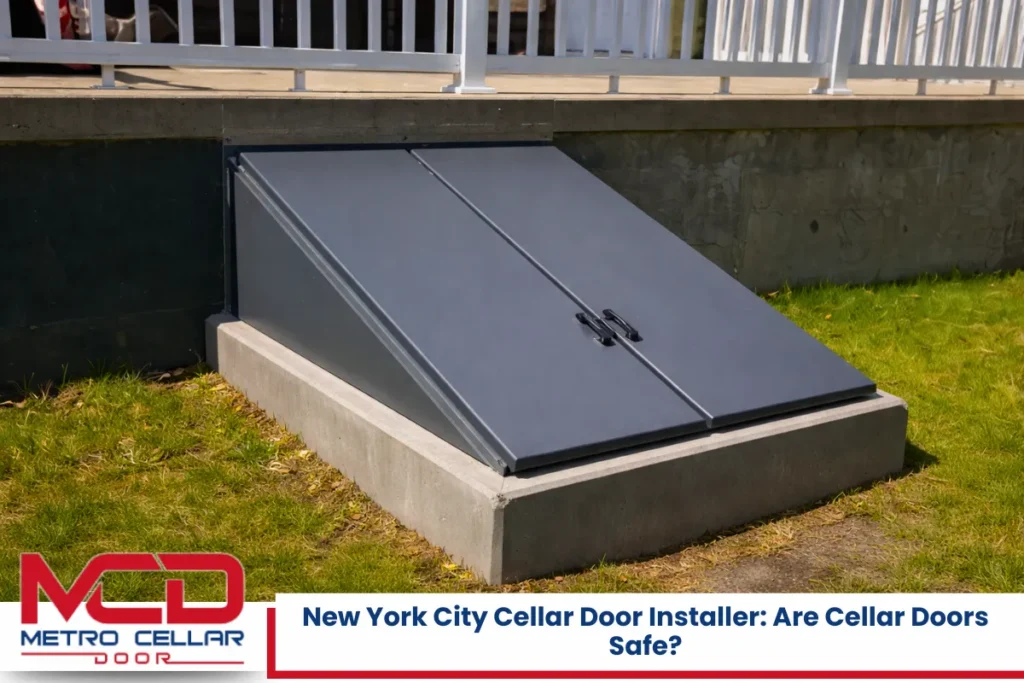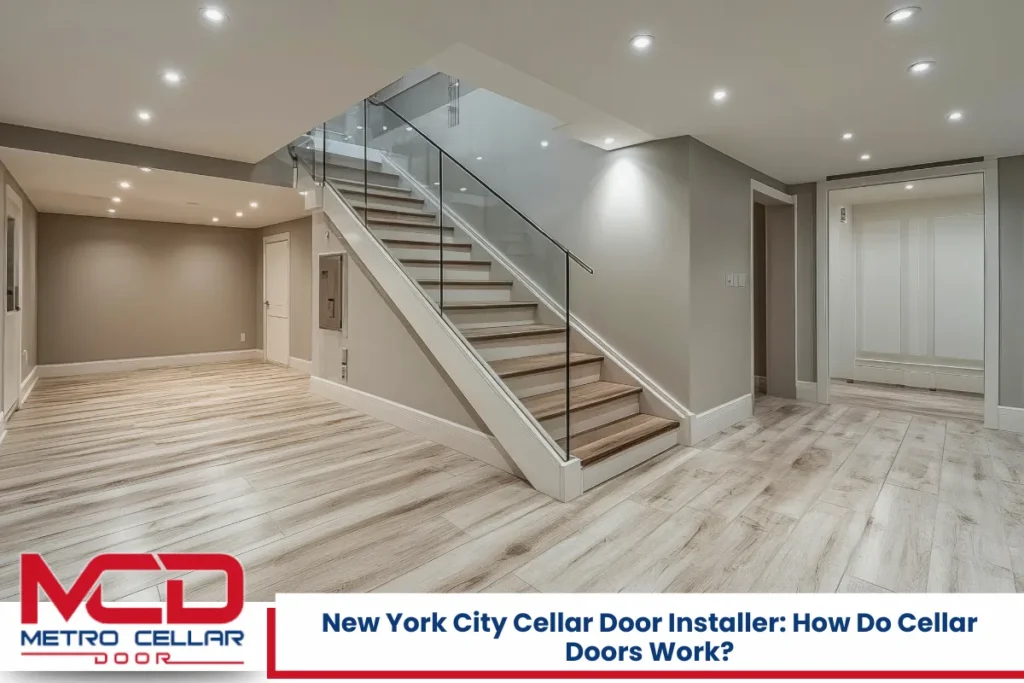A fire door installer in New York City is one of the most important people you can call if you want to keep your building safe and code-compliant. Fire-rated doors play a critical role in containing fire and smoke, protecting lives, and meeting legal requirements. But even the best buildings can run into problems-especially if doors aren’t installed, maintained, or inspected properly. Whether you’re a building owner, property manager, or contractor, this guide will walk you through the most common fire code violations a fire door installer can help you avoid. It’s simple, straightforward, and based on official code standards like the NYC Building Code, National Fire Protection Association (NFPA), and the requirements enforced by fire inspectors and fire marshals.
Overview of Fire Code Requirements for Fire Doors in NYC
Fire-rated doors are built to hold back fire and smoke for a specific amount of time, often 20, 45, 60, or 90 minutes. They are a required part of fire protection systems in many types of buildings. In New York City, fire doors must follow rules set by:
- NYC Building Code
- Fire Code (Local Law 26)
- Department of Buildings
- Fire Department of New York (FDNY)
- National Fire Protection Association standards like NFPA 80
These codes require fire-rated doors to be self-closing, properly labeled, and maintained through regular fire door inspections. If your doors don’t meet the standards, your building could receive a violation during building inspections.
Most Common Fire Code Violations Involving Fire Doors
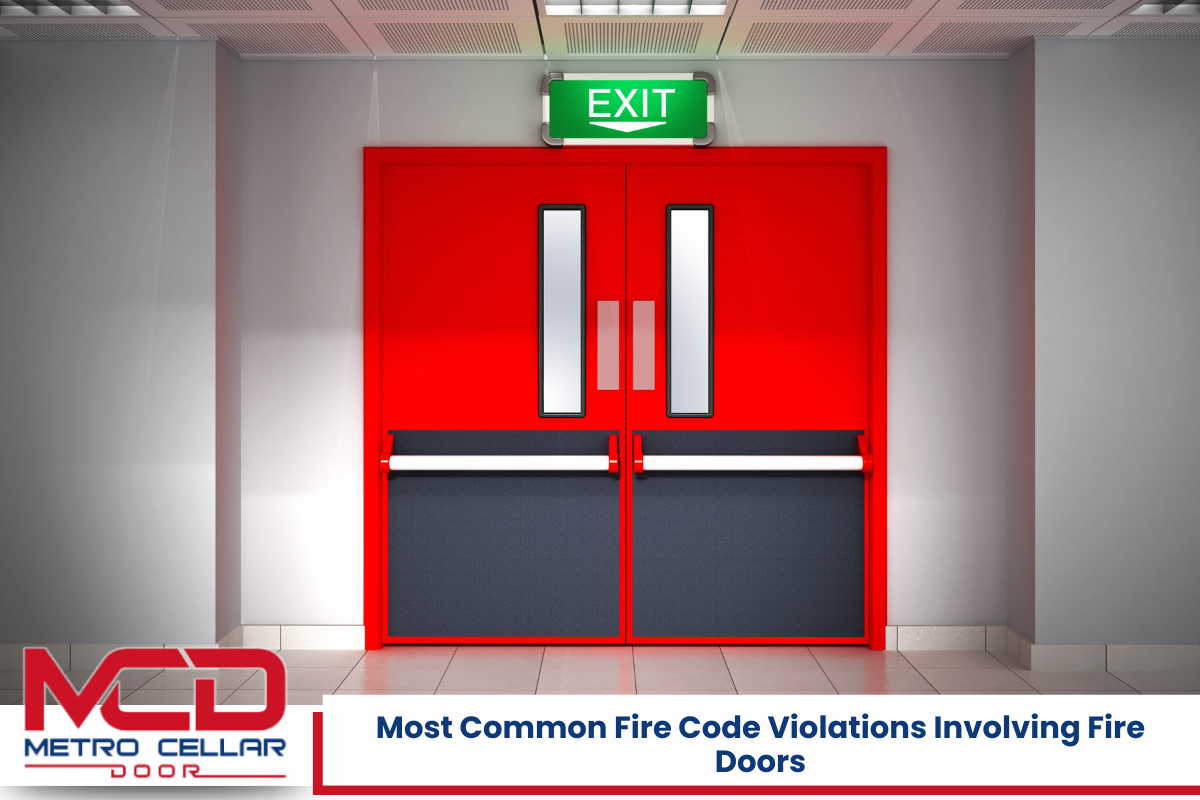
1. Blocked or Obstructed Fire Doors
One of the most common issues is something simple: blocking the door. Fire doors are often propped open or have items placed in front of them, especially in high-traffic areas like stairwells and storage rooms. This prevents the door from doing its job during a fire and violates building code and fire safety laws. A fire door installer can make sure doors swing freely, close automatically, and aren’t blocked or held open with wedges or furniture.
2. Broken or Missing Self-Closing Devices
Fire-rated doors are supposed to close on their own. That’s why self-closing devices are required by both NFPA 80 and the International Building Code. If the door doesn’t shut completely or the device is broken or missing, fire and smoke can spread quickly through a building. A fire door specialist will inspect and replace faulty closers to ensure compliance and functionality.
3. Excessive Door Gaps
You might not think a small gap under a door matters-but to fire and smoke, it’s a highway. Fire inspectors check for excessive clearance under or around the door. According to NFPA 80, the maximum gap is 3/4 inch under the door and 1/8 inch at the top and sides. Fire door installers know how to measure and correct gaps with fire-rated seals and adjustments.
4. Missing or Illegible Labels
Fire doors are required to have labels showing that they are tested and rated. These labels are often on the hinge side or top edge of the door. If they’re painted over, removed, or damaged, the door might be considered non-compliant. A qualified installer can verify labeling or recommend replacement with properly certified doors.
5. Field Modifications Without Approval
Cutting into a fire-rated door or frame-whether to add a window, change hardware, or install a lock-can void its fire rating if it’s not done correctly. Any modification needs to follow the guidelines of the Authority Having Jurisdiction and be approved by a fire inspector. A fire door specialist ensures that any changes meet code and keep the door’s certification valid.
6. Improper Hold-Open Devices
You can’t just wedge a fire door open or tie it with a cord. Fire doors must only be held open using approved magnetic hold-open devices connected to the fire alarm system. Using anything else is a violation. A fire door installer can install code-compliant systems and remove non-approved devices.
7. Poor Hardware Maintenance
Door hinges, latches, and locks must be secure and working. If the latch doesn’t catch or the hinge is broken, the door won’t stay closed during a fire. That can lead to major building code violations. Fire door installation experts inspect all parts of the hardware to make sure everything works smoothly and meets standards.
8. Failed Annual Inspections
In New York City, annual fire door inspections are required in many buildings under Local Law 26 and NFPA 80. Failure to complete or document this inspection can result in citations from the fire department or FDNY fire marshals. A certified fire door installer can perform inspections, document the results, and keep your records up to date.
Other Fire Code Violations a Fire Door Installer Can Help Address
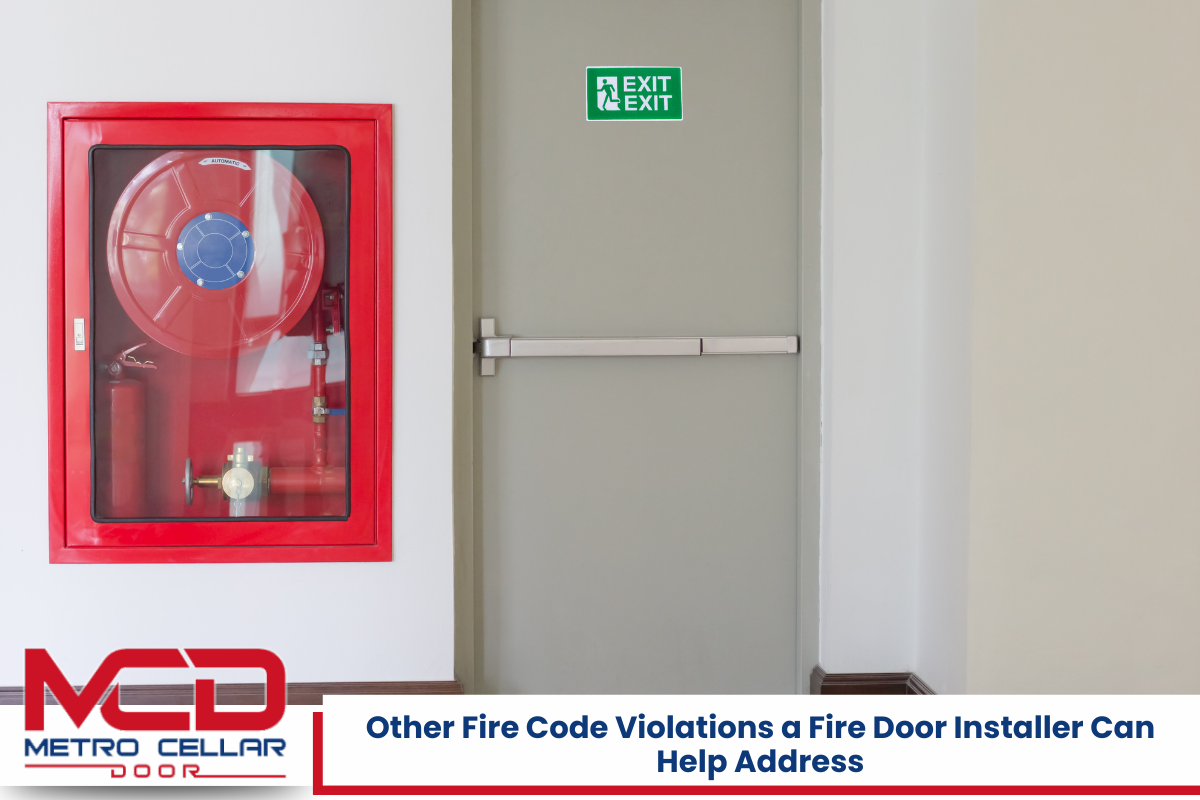
While fire door installers focus on doors, they often work closely with other fire protection professionals to make sure your building avoids related violations such as:
- Blocked exits or emergency exits with no clear path
- Missing or non-working smoke detectors and smoke alarm systems
- Fire extinguishers that are missing, expired, or poorly maintained (as regulated under NFPA 10)
- Problems with fire department connections (FDCs) that are blocked or not labeled
- Inadequate lighting, including non-functional emergency lights
- Issues with fire pump systems and fire sprinkler systems
- Tampered or missing carbon monoxide detectors
- Lack of Smoke Control Rational Analysis in required occupancies
These issues are often caught during building inspections and can affect your certificate of occupancy or lead to costly penalties.
How a Certified Fire Door Installer Helps Ensure Compliance
A licensed fire door specialist is trained to spot and fix code issues before they become problems. Here’s what they help with:
- Install and replace fire-rated doors and frames
- Test and repair self-closing mechanisms
- Measure and fix door gaps to meet NFPA 80 limits
- Verify and restore fire door labels
- Remove code violations tied to unauthorized hardware
- Document annual fire door inspections
- Coordinate with building owners to pass FDNY inspections
They also work with other experts to ensure your fire protection systems, smoke detectors, fire extinguishers, and emergency exits are fully up to code.
Key NYC-Specific Regulations and Entities Involved
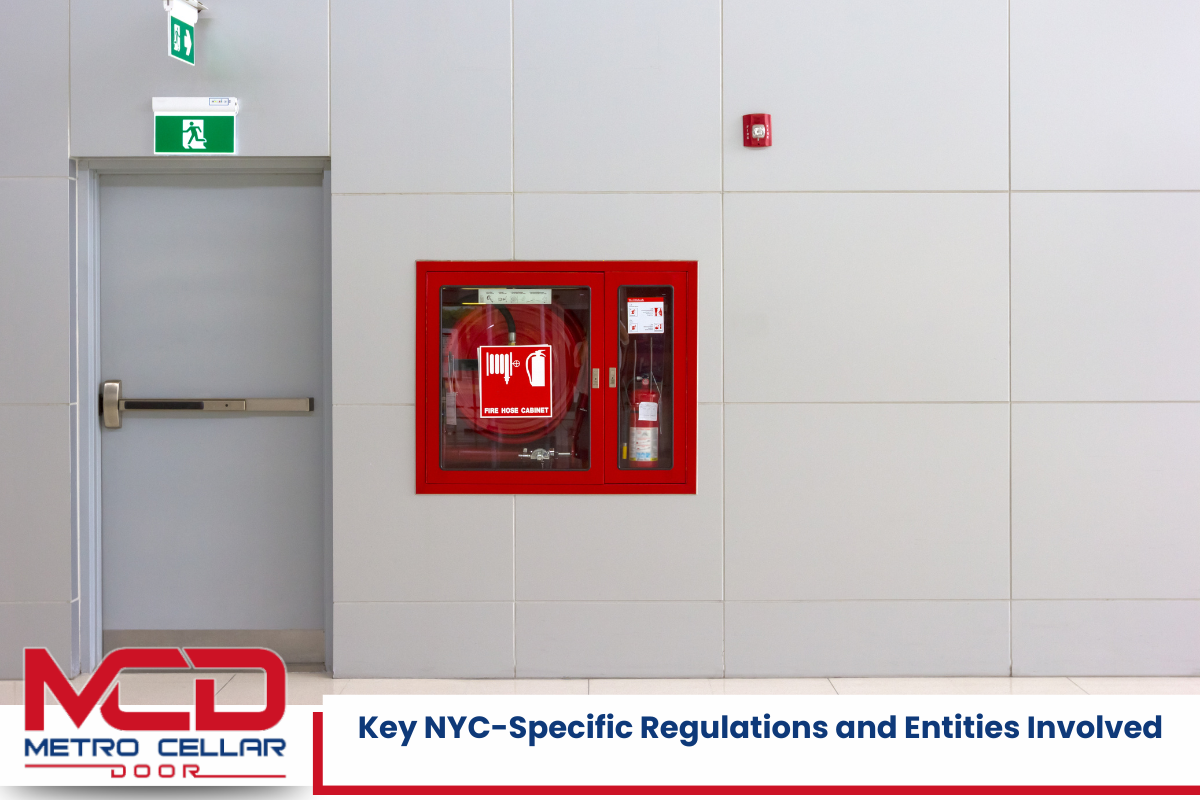
In New York City, fire safety isn’t just important-it’s the law. Several key agencies and regulations work together to create and enforce the rules that keep buildings and occupants safe. Here are the main entities and codes you should know:
- FDNY (Fire Department of New York): Handles fire inspections, enforces violations, and reviews building fire protection plans.
- Department of Buildings (DOB): Issues building permits and ensures compliance with structural, mechanical, and fire safety codes.
- Authority Having Jurisdiction (AHJ): This can be the FDNY, DOB, or other designated officials responsible for enforcing fire code compliance.
- NYC Building Code: Governs all aspects of construction and renovation, including fire-rated assemblies and egress requirements.
- National Fire Protection Association (NFPA) Standards:
- NFPA 80 – Fire doors and other opening protectives
- NFPA 10 – Fire extinguishers
- NFPA 13 – Fire sprinkler system design and installation
- NFPA 25 – Maintenance of fire protection systems
- NFPA 72 – Fire alarm and detection systems
- NFPA 1 – General fire code
- International Building Code (IBC): Provides model code language adopted into the NYC code and used for fire-rated assemblies and smoke control.
Understanding these regulations helps building owners stay ahead of violations. A qualified fire door installer will be familiar with all these codes and help ensure compliance at every step.
Best Practices for Avoiding Violations
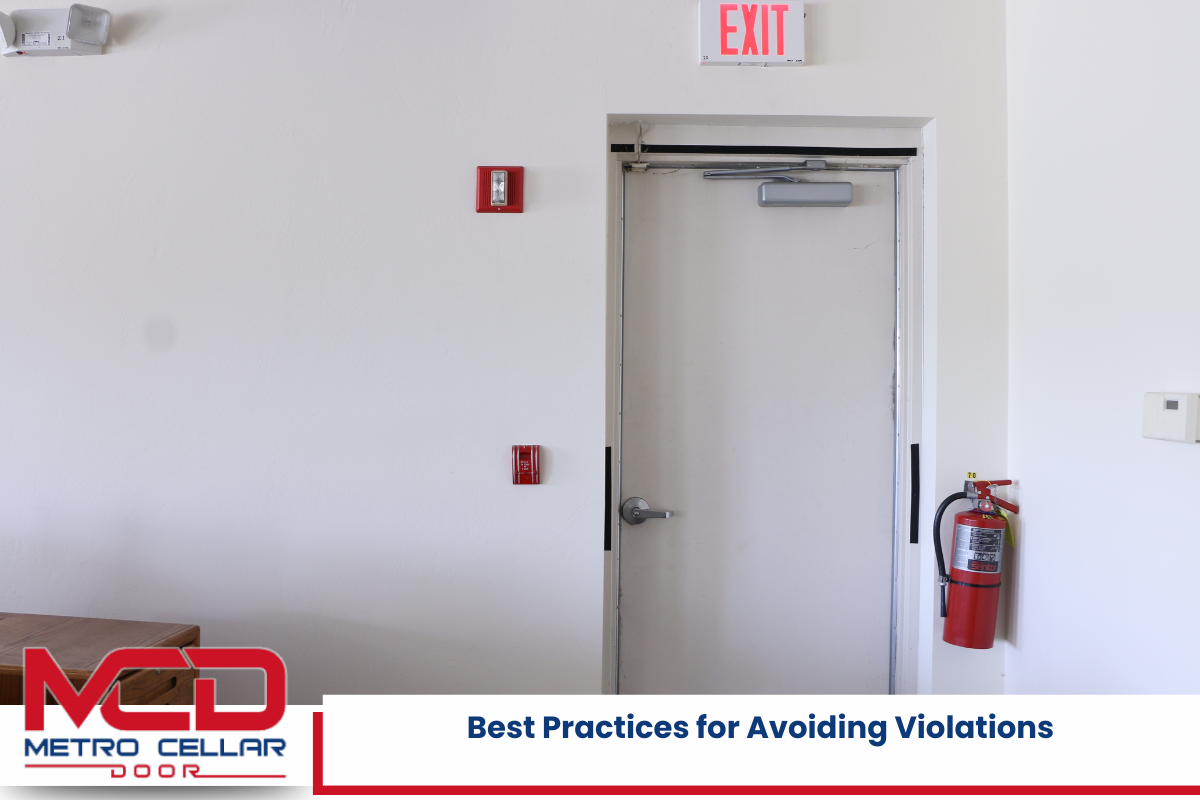
Avoiding fire code violations is easier when you stay proactive. Here are some smart tips that can help:
- Schedule annual fire door inspections Required under NFPA 80 and local laws, especially in high-rise and commercial buildings.
- Test smoke detectors and carbon monoxide detectors regularly Replace batteries twice a year and ensure detectors are placed in the right locations.
- Maintain fire extinguishers according to NFPA 10 Standard Ensure each unit is charged, mounted properly, and inspected monthly.
- Inspect fire sprinkler systems and fire pumps annually Work with licensed fire protection contractors to meet NFPA 13 and NFPA 25 guidelines.
- Clear all paths to fire exits and emergency lights Ensure no furniture or storage blocks exit routes and that emergency lights function during power loss.
- Keep fire department connections clear and labeled These must be accessible and visible so fire crews can act quickly in an emergency.
- Document all inspections and service Keep a clear paper trail for fire inspectors, building inspections, and any fire marshal visits.
- Use only approved fire-rated doors and hardware Avoid unauthorized modifications, and always verify certification labels.
Partnering with a fire door installer makes this process much smoother. They’ll help spot small issues before they turn into code violations or fire hazards.
Keep Your Building Safe, Legal, and Ready
Keeping up with fire door safety doesn’t have to be overwhelming. With the help of a licensed fire door installer, building owners can catch problems early, avoid NYC building code violations, and stay fully prepared for fire inspections. Fire-rated doors are just one part of a building’s larger fire protection system. But when they fail-or when inspections are missed-it can lead to costly fire code violations, serious safety risks, and trouble with the Authority Having Jurisdiction. The good news? Most of these problems are preventable. With regular fire door inspection, timely maintenance of smoke detectors, carbon monoxide detectors, and other systems like fire extinguishers and fire pumps, you’re doing more than following the rules-you’re protecting lives.
New York City Fire Door Installer – Metro Cellar Door Bilco Pro
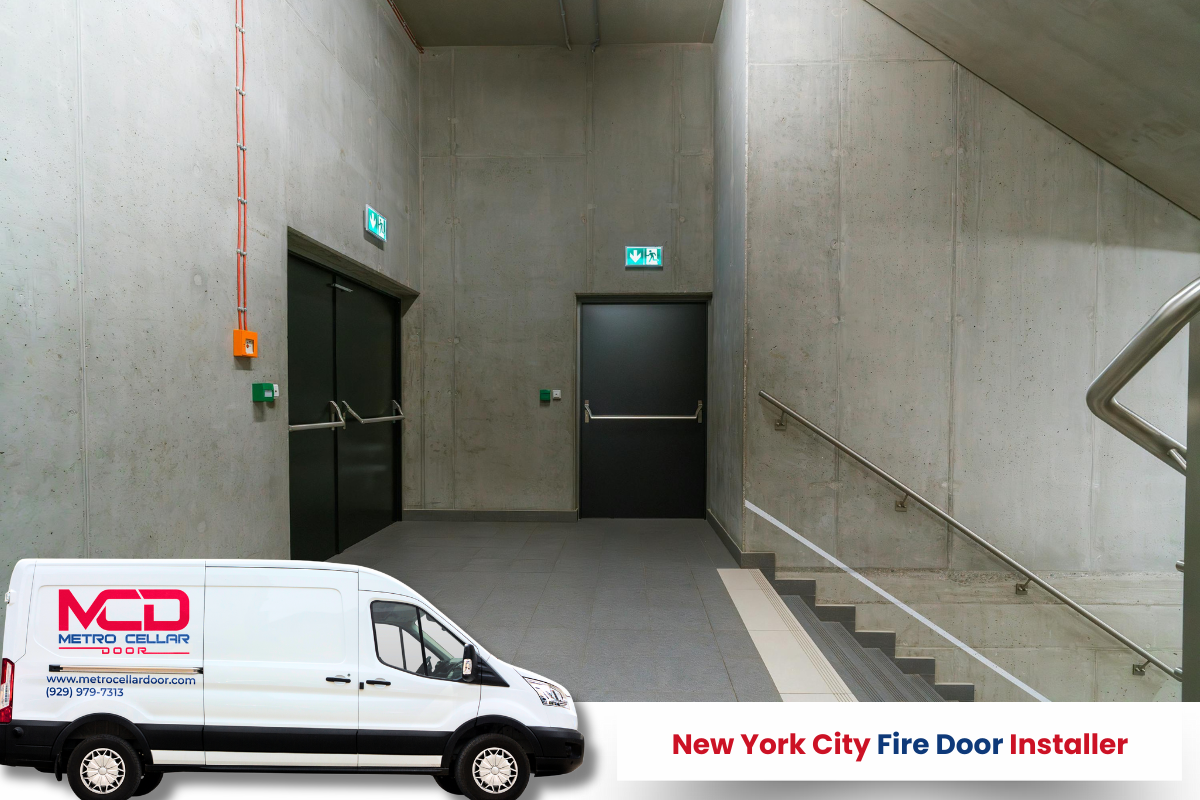
Looking for a trusted New York City fire door installer? Metro Cellar Door Bilco Pro specializes in code-compliant fire-rated doors that help you avoid costly fire code violations. From professional fire door installation to certified inspections and repairs, we make sure your building stays safe and up to code. Our team works with building owners, managers, and contractors across NYC and surrounding areas. Whether you’re preparing for a fire marshal visit or need to upgrade your fire protection systems, we’ve got you covered. Call us today at (929) 979-7313 or fill out our quick contact form to schedule a free consultation. Let’s make your building safer-one door at a time.
Frequently Asked Questions
What are the FDNY’s top cited fire code violations?
The FDNY frequently cites violations that threaten life safety and violate the Fire Codes. Some of the most common include:
- Blocked or locked fire escapes and stairwells.
- Missing or broken fire safety signage.
- Non-operational smoke and carbon monoxide detectors.
- Obstructed or damaged fire alarm pull stations.
- Defective or uninspected fire sprinkler heads.
Another major issue is improper or missing fire protection documentation during a fire code inspection. Buildings must also have clearly marked exits and functioning fire alarm inspections conducted regularly. Failure to maintain fire safety equipment, such as fire hydrants or fire protection equipment, can result in heavy fines. A certified fire door installer helps avoid these violations through proper fire door maintenance and compliance with fire safety regulations.
How often should fire doors be inspected in NYC?
In New York City, fire door assemblies must be inspected at least once every 12 months as required by NFPA 80 and enforced by the International Fire Code. These inspections must be conducted by qualified personnel. After each inspection, Fire Protection Documentation must be maintained and available upon request during a fire code inspection. The inspection includes:
- Verifying the condition of each fire door assembly
- Ensuring self-closing devices operate properly
- Checking for unauthorized Fire Door Modifications
- Confirming labels are intact and legible
Failing to perform annual fire door maintenance can result in code violations or failure during a fire emergency. Property owners are encouraged to hire a licensed fire door installer to inspect, document, and maintain compliance with city and national fire safety regulations.
Can I fix a fire door myself if it’s not closing properly?
No, you should never attempt to fix a fire door on your own. Any adjustments or repairs must be done by a certified fire door installer. DIY repairs can lead to unapproved Fire Door Modifications, which may void the door’s fire rating and violate both Fire Codes and the International Fire Code. Improper repairs may result in:
- Misaligned or weakened fire door assemblies
- Non-functional self-closing mechanisms
- Gaps that allow smoke to pass through during a fire emergency
Fire-rated doors are part of a building’s official fire safety equipment, and repairs must follow specific codes. Having a professional complete the fire door maintenance ensures you stay compliant with fire safety regulations and are prepared for a fire code inspection.
Are fire doors required in all buildings in NYC?
Fire doors are not required in every building, but they are mandated in most commercial, residential, and mixed-use buildings where fire separation is needed. Locations typically requiring them include stairwells, corridors, and between hazardous and occupied areas. The International Fire Code and NYC Building Code determine when fire door assemblies are necessary. Requirements are based on:
- Building use and occupancy
- Size and height of the structure
- Fire zone classification
If your property has a fire sprinkler head system or designated fire escapes, it likely requires fire doors in specific locations. A certified fire door installer can assess your building and ensure compliance with fire safety regulations, helping you avoid violations during a fire code inspection or fire alarm inspections.
What happens if my fire doors fail an FDNY inspection?
If your fire doors fail an FDNY fire code inspection, you’ll receive a violation notice and may be subject to fines or enforcement action. The fire department may require repairs or replacement of non-compliant fire door assemblies within a specific time. Reasons for failure include:
- Unauthorized Fire Door Modifications
- Non-functioning self-closers
- Unlabeled or painted-over fire doors
- Gaps that exceed code allowances
You must hire a certified fire door installer to address the issues. They will repair or replace doors to meet fire safety regulations and update your Fire Protection Documentation. In some cases, re-inspection is necessary to confirm compliance. Ignoring these issues increases fire safety issues and legal risks during a fire emergency.
Is it illegal to wedge open a fire door?
Yes, wedging open a fire door is a violation of both Fire Codes and the International Fire Code. Fire doors are designed to close automatically during a fire emergency, containing fire and smoke. When wedged open, they fail to protect building occupants and allow smoke to travel through hallways and stairwells. Here’s why this matters:
- It disables the door’s protective function
- Voids the door’s fire rating
- Causes failure during a fire code inspection
This practice is often cited by fire inspectors and increases fire safety issues significantly. Approved hold-open devices connected to the fire alarm pull stations may be used instead, as they release the door upon alarm activation. A professional fire door installer ensures all doors follow fire safety regulations and are not illegally modified or wedged open.
What certifications should I look for in a fire door installer?
When hiring a fire door installer, make sure they are trained, licensed, and experienced in NYC code compliance and fire safety equipment standards. Look for these qualifications:
- Certification in fire door maintenance and inspection under NFPA 80
- Knowledge of Fire Codes, the International Fire Code, and NYC-specific regulations
- Understanding of proper Fire Door Modifications
- Familiarity with Fire Protection Documentation and inspection reporting
- Experience with integrating doors into full fire protection equipment systems
A qualified installer also works in coordination with fire inspectors and understands how to correct violations before or after a fire code inspection. They should have references, up-to-date licenses, and a track record of installing compliant fire door assemblies without jeopardizing the function of other systems like smoke alarm networks or fire sprinkler heads. Let me know if you’d like these turned into a formatted document or webpage-ready content.
Read Why Hiring a Certified Fire Door Installer in New York City Is Legally Required
